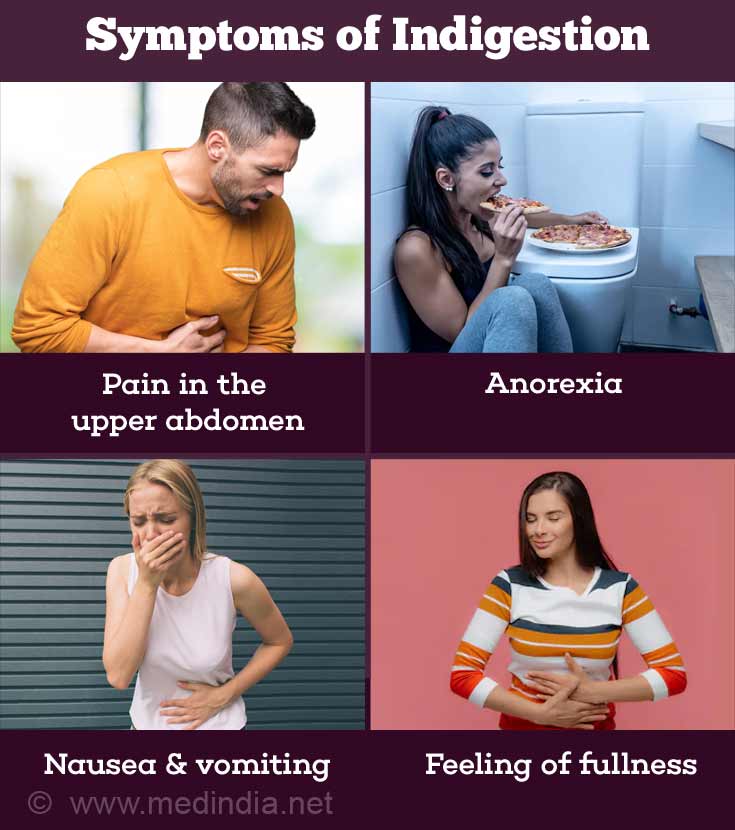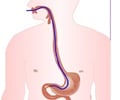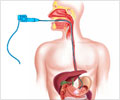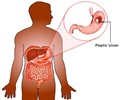- Cecil Medicine, 23rd Ed.
- Harrison's PRINCIPLES OF INTERNAL MEDICINE, 17THEdition
About
Indigestion or dyspepsia is referred to nonspecific symptoms or discomfort that causes persistent pain or fullness in the upper abdomen, soon after the meal starts and causes symptoms related to digestive system and may requie specific treatment including drugs that reduce gastric acid, stimulate motility, or decrease gastric sensitivity.
The word dyspepsia comes from Latin or from Greek duspepsia, from dys- + pepsis digestion.
What is indigestion? What are the symptoms?
Indigestion or dyspepsia is referred to as nonspecific symptoms or discomfort characterized by features like:
- Persistent or recurrent pain in the upper abdomen/ lower chest pain
- Feeling of fullness soon after the meal starts. The individual can’t finish the meal.
- Feel of excessive fullness following a meal, like the food is staying in the stomach too long
- Bloating, belching, flatulence
- Anorexia, nausea, vomiting

Indigestion is common in adults. It has to be understood that heartburn is distinct from dyspepsia. It is a painful and burning feel in the chest that radiates towards the neck or back. Heartburn is caused by stomach acid rising into the food pipe (the
The prevalence of indigestion or dyspepsia is about 25%.










